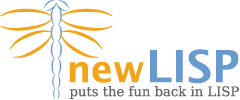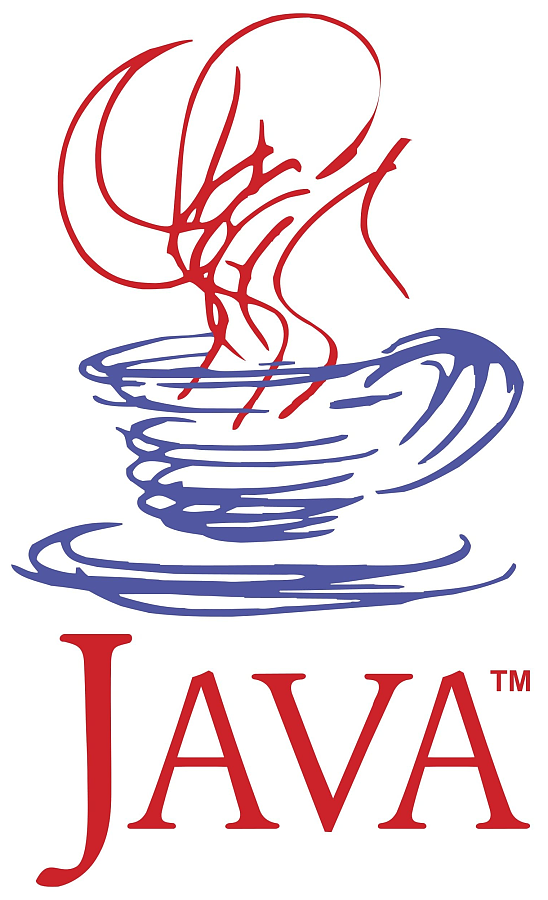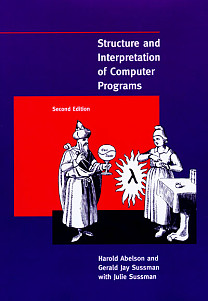on Programing Languages (2002)
The Measure of a Language
Haskell

Haskell is a purely functional language. The language of the future. I love functional languages, especially no-assignment and absolute-lazy-evaluation ones. (often known as “pure” and “non-strict” respectively.) Such so-called denotational language is a piece of computable mathematics, unerring and exacting.
See also:
LISP


〔see Practical Emacs Lisp〕
Python


〔see Python Tutorial〕
Perl
Pathetically Elational Regex Language calls for its own pages. See:
Java

Java is a all pent-up language with incessant lies.
- Java Tutorial
- Object Oriented Programing Jargons and Complexities (Explained as Functional Programing)
- Xah Java Logo
SQL
SQL is a query language for databases. Supposedly it stands for Structured Query Language, but that may be a fix. SQL is one of the world's most fantastically moronic language. It is a language of ad-hoc-ness; the least structured; a oneliner sequence of awkwardness and inflexibility. There are controversies regarding its pronunciation. Oracle documents would bid for “sequel”, while the venerable database guru Christopher J Date in his A Guide to SQL Standard (4th Edition) Buy at amazon dismiss “sequel” pronunciation being a myth and unfit. I have only read the first chapter of this book. This book is for expert-level developers who needs in-depth knowledge about SQL.
Although there are standards for SQL the language, but it is in practice laughable as a portability practice.
A excellent introductory book on SQL is The Practical SQL Handbook, by Judith S Bowman et al. Buy at amazon I read the 3rd edition in 1998.
 Book: Structure and Interpretation of Computer Programs (SICP), Scheme LISP and JavaScript
Book: Structure and Interpretation of Computer Programs (SICP), Scheme LISP and JavaScript